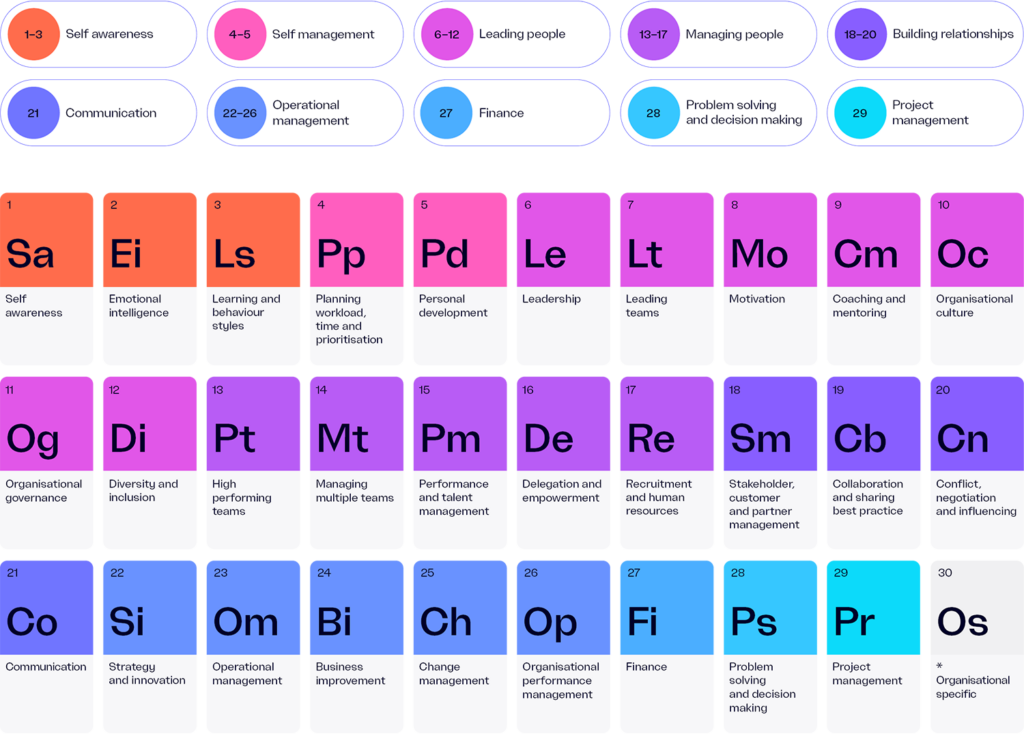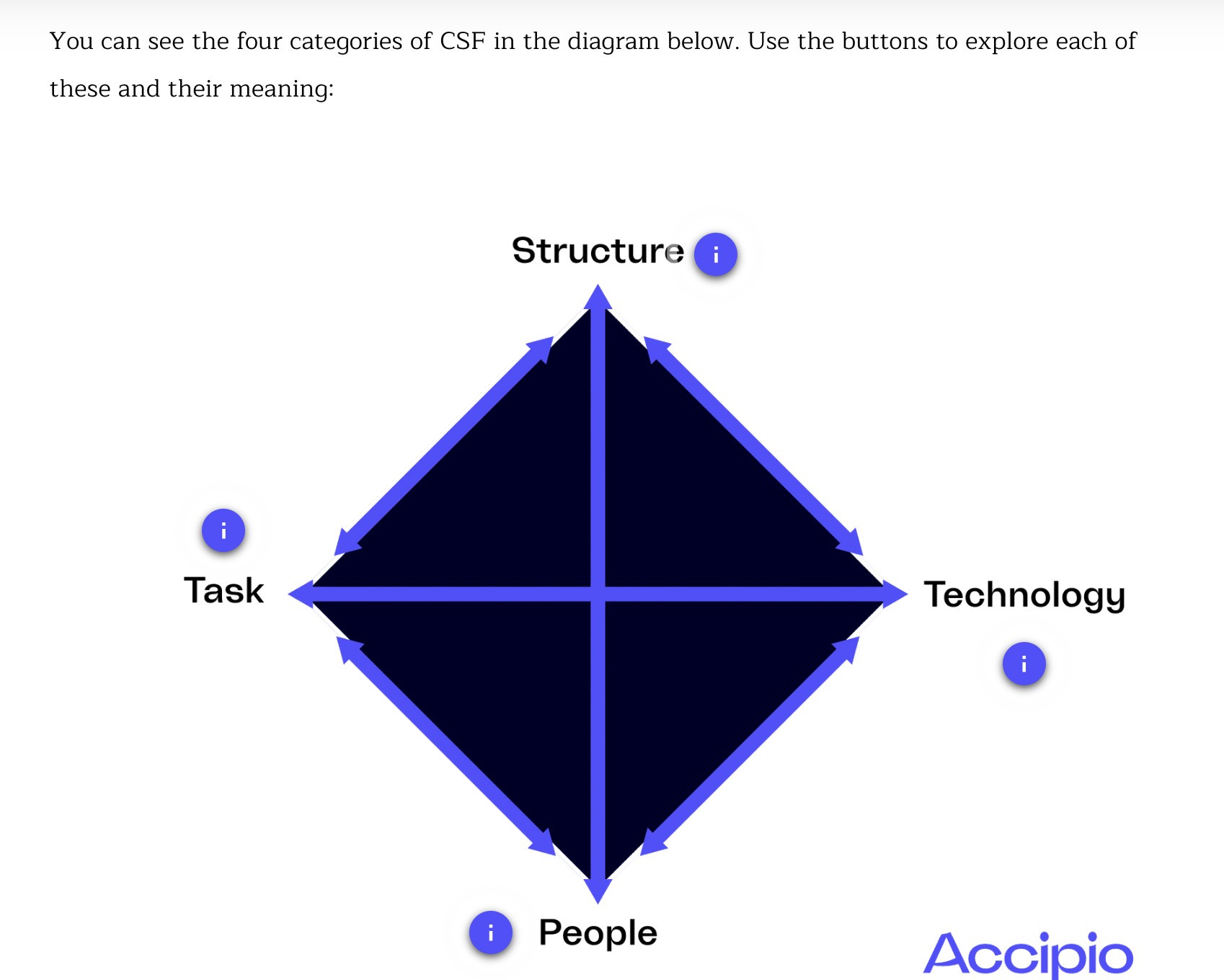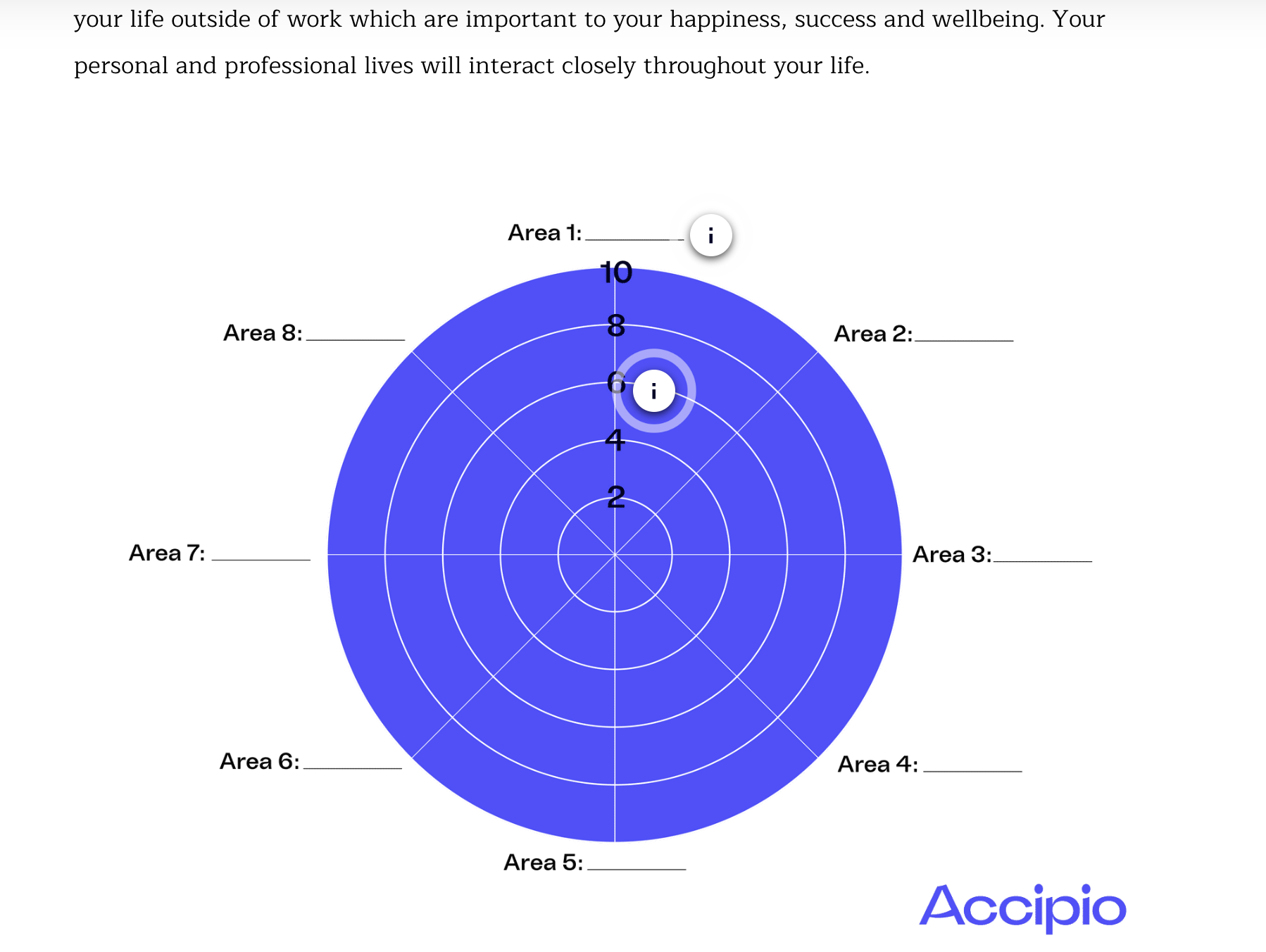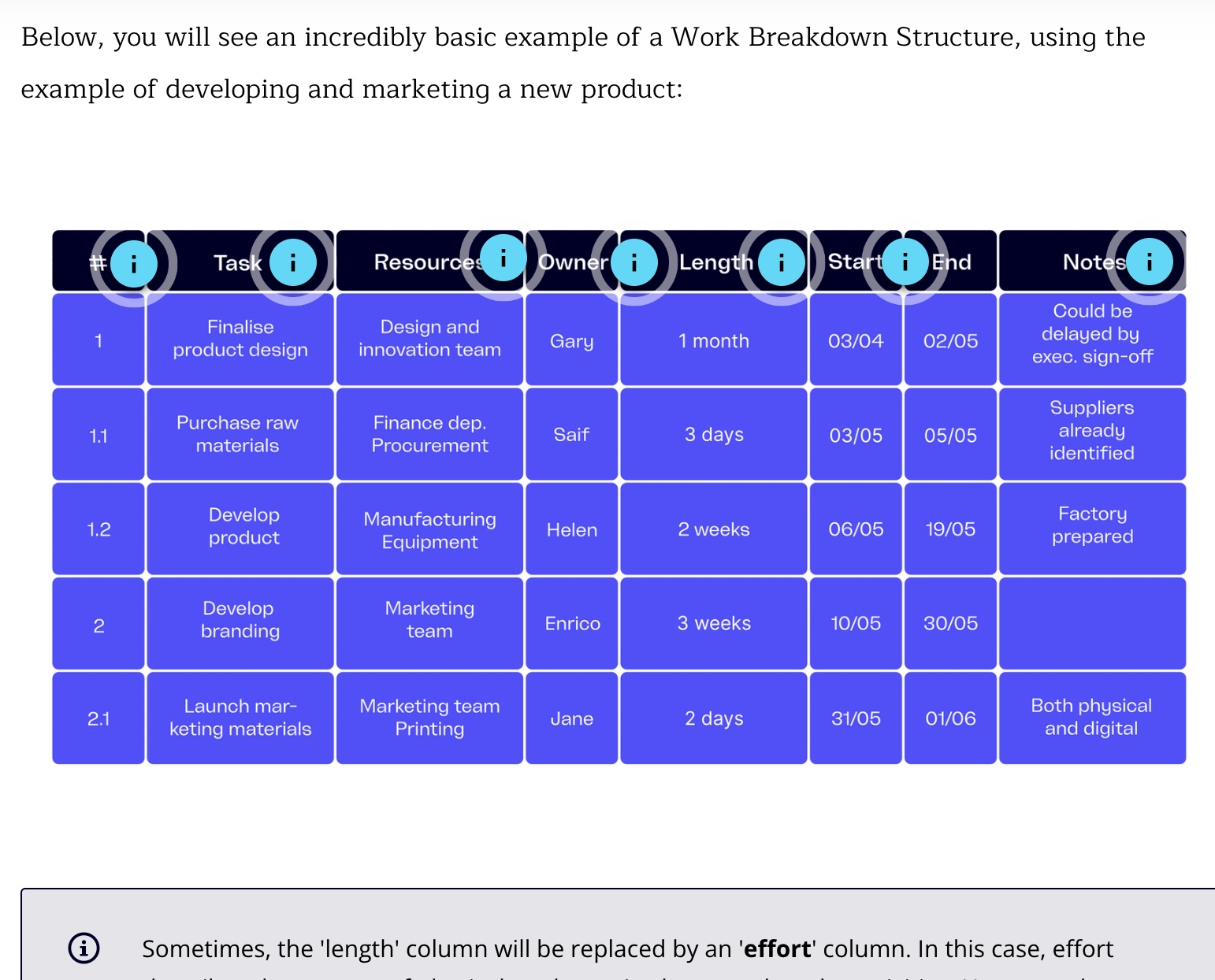
C30 Leadership and Management eLearning Toolkit
What does our C30 Leadership Toolkit cover?

The Accipio C30 eLearning toolkit – 100s of engaging eLearning modules, designed to target the 30 capabilities that leaders and managers need to have to be effective.
The entire toolkit can be transferred to any major learning management system (LMS) in an instant. Also, with access to our catalogue, you will automatically receive every new module as they are developed, and any updates to existing modules will immediately be pushed to your package and platform.
These 30 capabilities are all linked to recognition (certificates/badges/points), qualifications (CMI), diagnostics, workshops and webinars. You can read about the full C30 ecosystem here.
Access to the eLearning modules (transferable SCORM files that can be used as you like) can be purchased for £5k per annum for unlimited users if you have a platform with us. It comes for free as part of our Infinity package for Moodle or Totara learning platforms. For the eLearning modules alone, we charge £10k per annum for unlimited users.
Organisations can also access the eLearning modules and wider ecosystem via a near-instantaneous BusinessBalls Enterprise subscription: our plug-and-play option.
Want to unlock C30 to upskill your organisation? Get in touch with us today!
List of key eLearning modules
C1: Self Awareness and Impact
What is Self-Awareness?
Getting Feedback
Johari Window
Skills Leaders Need at Every Level
Personal SWOT Analysis
The DiSC Model
Reflective Practice
Wheel of Life
Four Competencies of Leadership
Tools for Self-Reflection
Using Self-Reflection to Improve Performance
Personal Brand Management
Atomic Habits – James Clear
C2: Emotional Intelligence
What is Emotional Intelligence?
Theories of Emotional and Social Intelligence
Emotional Leadership Styles – Goleman
The Chimp Paradox
C3: Learning and Behaviour Styles
Learning Theories and Styles
VARK Learning Styles
Honey and Mumford’s Learning Styles
Gardner’s Multiple Intelligences
Kolb’s Experiential Learning Theory
Conscious Competence
Bloom’s Taxonomy
Johns’ Reflective Learning Cycle
Behaviour Styles
C4: Planning Workload, Time Management and Prioritisation
Planning Workload
Covey’s Planning Matrix
Time Management and Prioritisation
Managing your Study Time
Psychological Flow in the Professional Environment
Timeboxing
C5: Personal Development
Reasons for Personal Development
Personal and Professional Development
Plan-Do-Check-Act
Wheel of Change
Key Stages in Personal Development
Four Competencies of Leadership
Personal SWOT Analysis
Level 5 Leadership – Collins
Personal Development Methods
Leadership Development Opportunities
Integrated Competency Model
Career Anchors – Schein
70:20:10 Model
Components of a PDP
Building a PDP
SMART Goals
Keeping a CPD Log
Time Management and Personal Development
Developing Yourself
Academic Reading
Punctuation and Grammar
Academic Referencing
Writing Assignments
Critical Thinking
Consolidating Key Principles
Effective Note-Taking
Peer Review
Improving Written Language
Academic Writing Styles
Developing a Growth Mindset
C6: Leadership
Introduction to Leadership
Leadership: Characteristics or Contributions?
Leadership vs. Management
Task or People
Kurt Lewin: Three Leadership Styles
Transformational Leadership
Transactional Leadership
Leadership Theory and Models
Leadership Behaviours
Start with “why?”
The Managerial Grid
Seven Levels of Leadership Consciousness
The Leadership Continuum
Situational Leadership
3D Leadership Model
Action-Centred Leadership
Likert’s Management Systems
Leadership Values
Authentic Leadership
Values-Driven Leadership
ABCD Trust Model
Communicating Vision
C7: Leading Teams
Different Types of Team
Four Stages of Group Development
Cog’s Ladder
Leading High-Performance Teams
Leading Matrix Teams
Team Dynamics
Leading Remote Teams
Five Dysfunctions of a Team
Remote Working, Performance and Wellbeing
The PAEI Model
C8: Motivation
Motivational Theories and Models
Two Factor Theory
Hierarchy of Needs
Expectancy Theory
Theory X and Theory Y
Achievement Motivation
Improving Performance through Motivation
Transactional and Transformational Leadership
Argyris’ Theory of Management
C9: Coaching and Mentoring
Introduction to Coaching
Barriers in Coaching
Coaching Challenges
Benefits of Coaching
Coaching Models
GROW Model
Six Categories of Intervention
CLEAR Model
OSCAR Model
STEPPPA Model
ACHIEVE Model
The Coaching Cone
Coaching Skills
Improving performance through coaching
Coaching Style of Management
The Coaching Spectrum
The Coaching MindsetWorking with Stakeholders
Coaching Contracts and Agreements
Paperwork and Note-Taking
Introduction to Mentoring
Benefits of Mentoring
Clutterbuck’s Model
C10: Organisational Culture
Introduction to Organisational Culture
Types of Organisational Culture
The Cultural Web
Factors that Impact Organisational Culture
Cultural Dimensions
Project GLOBE
C11: Organisational Governance
Introduction to Organisational Governance
Corporate Social Responsibility
Governance and the Board of Directors
Introduction to Enterprise Risk Management
Leading Through Crises
Creating a Crisis Management Plan
C12: Equality, Diversity and Inclusion
What do we mean by “Equality”, “Diversity”, and “Inclusion”?
Benefits of EDI
What are Prejudice and Discrimination?
The Legal Requirements of EDI
Consequences of Non-Compliance with EDI
Neurodiversity in the Workplace
Unconscious Bias
Women in Leadership
Imposter Syndrome
ADHD in the workplace
C13: Managing Multiple Teams
Different Types of Team
Challenges of Multi-Team Management
Strategies for Multi-Team Management
Using Technology to Manage Multiple Teams
Monitoring the Progress of Multiple Teams
C14: High Performing Teams
Tuckman: Forming-Storming-Norming-Performing
What is a High-Performance Team?
Setting Effective Team Objectives
Upskilling Team Members
Appraisals and Team Performance
Collaboration and Cooperation
Knowledge Sharing as a Development Tool
C15: Performance and Talent Management
Performance Management Techniques
Identifying and Addressing Underperformance
Identifying and Managing Talent
Talent Management and Objectives
C16: Delegation and Empowerment
What is Delegation?
Delegative Management and Leadership Styles
Planning your Delegation
Effective Delegation
C17: HR and Recruitment
Reasons for Recruitment
Recruitment Options
The Recruitment Process
Fairness and Equal Opportunities
The Employee Life Cycle
Conducting Virtual Interviews
Absence Management
Introduction to Managing People and the Employee Lifecycle
Managing Conflict and Difficult Conversations
Handling Investigations
Dealing with Disciplinary Issues
Dealing with a Grievance
C18: Customer, Partner and Stakeholder Management
Core Skills
Managing Relationships with Customers
Stakeholder Relationships
Stakeholder Analysis and Mapping
Partnership management
Creating an Environment of Trust and Respect
C19: Collaboration and Sharing Best Practice
Why Collaborate?
Ensuring Effective Collaboration
Barriers to Cooperation
Inter-Organisational Collaboration
Cost-Benefit Analyses
Identifying and Sharing Best Practice
C20: Conflict, Negotiation and Influencing
Managing Conflict in the Workplace
Interest-Based Relational Approach
Conflict Mode Instrument
Negotiation in the Workplace
How to Influence Others
Effective Networking
Introduction to Nudge Theory
C21: Communication Skills
Interpersonal Skills
What is Communication?
Verbal vs. Non-Verbal Communication
Body Language
Barriers to Communication
Remote Communication
Synchronous and Asynchronous Communication
Giving Feedback
BOOST Feedback Model
Building Rapport
Questioning Skills
Forms of Communication
Communication and Organisational Culture
Cross-Organisational Communication
Evaluating Communication Techniques
Leading Effective Meetings
Delivering Presentations
Listening Skills
Four Levels of Listening
Constructive Conversations
Honest Debates and Logical Fallacies
C22: Strategy and Innovation
What is Strategic Leadership?
Design Thinking
The Viable System Model
Law of Requisite Variety
Creating a Mission Statement
OODA Loop
Resource-Based View
Internal Alignment
Analysing Strategic Direction
Generic (Competitive) Strategies
5Ps of Strategy
Deliberate and Emergent Strategies
Horizon Scanning
Four Generic Approaches to Strategy
Strategic Leadership Roles – Kets de Vries
Strategic Leadership Roles
Three Levels of Strategy
The Golden Thread
The Shamrock Organisation
C23: Operational Management
Core Principles of Operational Management
Policies and Procedures in Operational Planning
Operational Plans – Key Components
GANTT Charts
7S
Operational Contingency Planning
Introduction to Organisational Governance
Sales, Marketing and Operational Plans
Operational Planning, Strategy and Objectives
C24: Business Development
Introduction to Continuous Improvement
Kaizen
Lean Production
Organisational SWOT Analysis
PESTLE
Business Development Tools
Root Cause Analysis
C25: Change Management
What is Change Management?
Initiating Change
Barriers to Change
Tools for Initiating Change
Change Management Models
Diamond Model
The Change Curve
8-Step Change Model
The Change Curve
Monitoring and Assessing Change
The Change Equation
Change Agents
Adaptation-Innovation Theory
The Change Kaleidoscope
Organisational Context and Adaptations
Planning, Implementing and Evaluating
Handling Negative Impacts
C26: Operational Performance
Management Reports
Managing Workplace Data
Data Protection
Technology in Data Management
KPIs
C27: Finance
Introduction to Budgets
Introduction to Financial Policy
Financial Governance and Compliance
Building a Corporate Budget
Setting Bonuses
Managing a Budget
Budget Variance
Budget Reporting
Introduction to Financial Forecasting
Forecasting Challenges
Financial Forecasting Techniques
Financial Economics
Technology and the Transformation of Finance
C28: Problem-Solving and Decision Making
Identifying and Defining Problems
Data in Problem-Solving
Data Collection
Qualitative Research
Quantitative Research
Brainstorming and Solution Generation
The FOCUS Model
Design Thinking
8D Problem-Solving
De Bono’s Six Thinking Hats
Planning and Implementing Decisions
Decision-Making Techniques
Communicating Decisions to Stakeholders
Ethics in Decision-Making
Monitoring and Reviewing Decisions
C29: Project Management
Introduction to Projects
Project Roles and Responsibilities
Project Set-Up Documentation
Project Risk
Project Life Cycle
Project Governance
RACI Analysis
Work Breakdown Structures
Preparing Project Budgets
Monitoring and Managing Projects
Dependency Matrices and Workflow Diagrams
Cost-Benefit Analyses
‘Plan on a Page’
Evaluating Project Success
Project Evaluation and Review Technique
Health, Wellbeing and Resilience
Stress Management
Building Resilience
Wellbeing at Home
Supporting Your Staff’s Work-Life Balance
Supporting Team Members Remotely
Supporting Staff Welfare
Leaders and Workplace Wellbeing
Wellbeing and Organisational Performance
Identifying and Assessing Risk
Health and Safety Responsibilities
Health and Safety Cultures
Remote Working
The Benefits of Exercise
Social Media
Setting Boundaries and Switching Off
Example eModules
I love the bitesize nature of the learning... the explanations and run throughs are simple but very informative which helped to grow my confidence in the eLearning and using it for my CMI assignments.




